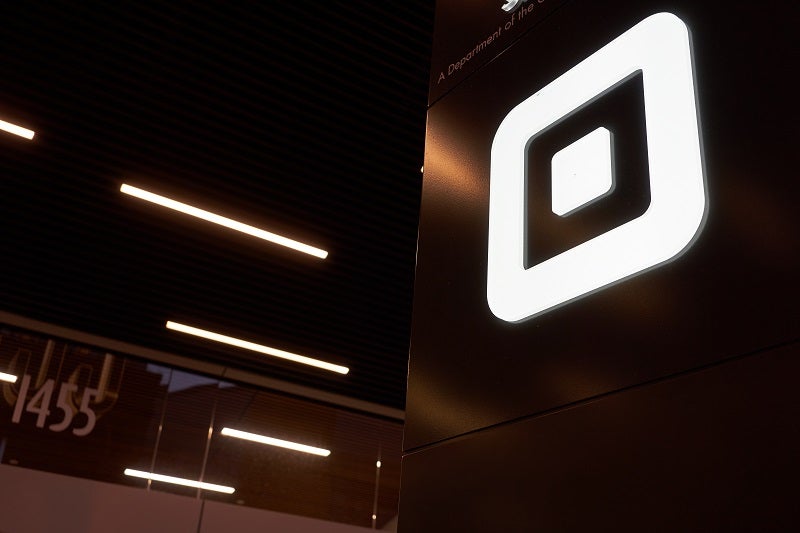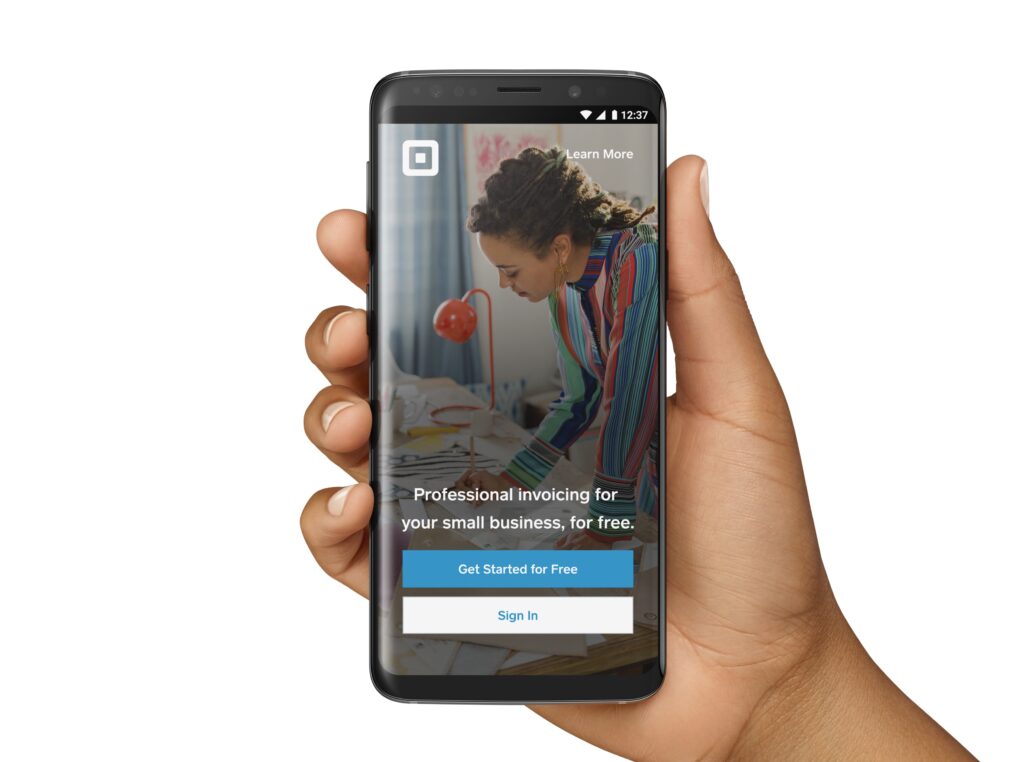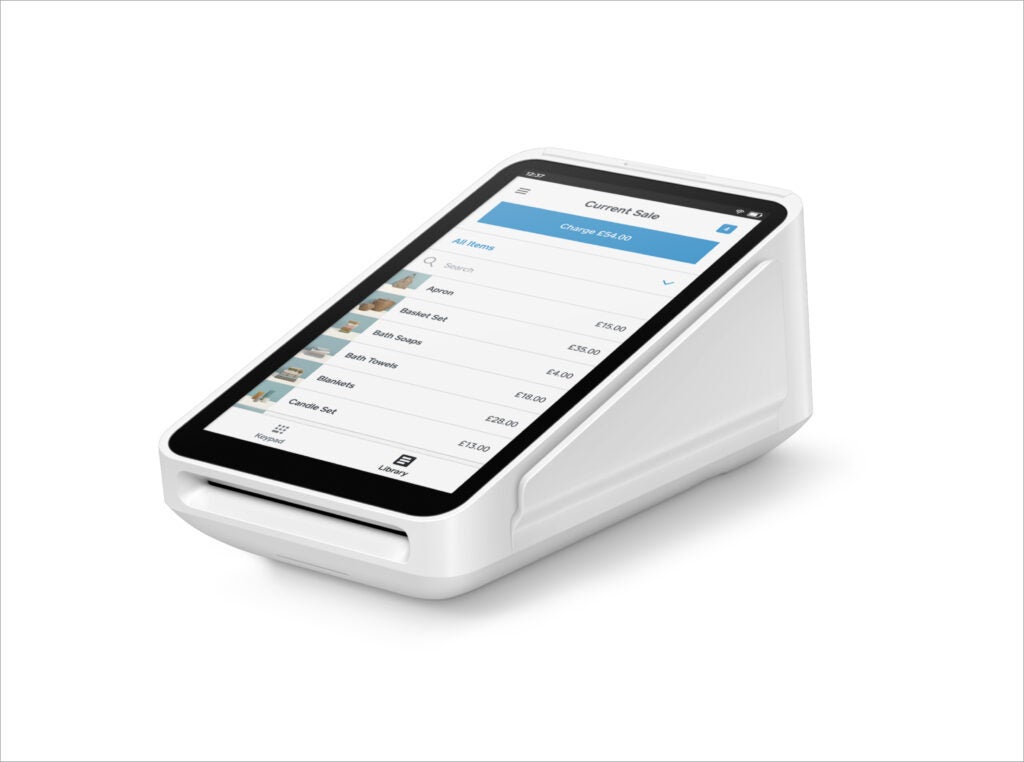
US lenders are feeling the pinch from a new wave of neobanks looking to steal their business, most recently Square, the payments app run by Twitter founder Jack Dorsey which wants to lead business banking, writes Ivan Castano
The Salt Lake City, Utah-based startup officially launched in March, promising to issue business loans and deposit products for unbanked customers after the Federal Deposit Insurance Corporation (FDIC) granted it a much-coveted Industrial Loan Company (ILC) license.
Square’s licence application was vigorously opposed by the nation’s community banks and credit unions. But it won through and so now, the charter enables Square Financial Services to operate as a lightly regulated lender, despite being owned by a commercial or non-bank enterprise.
“Bringing banking capability in-house enables us to operate more nimbly…as we continue the work to create financial tools that serve the underserved,” says Square’s Chief Financial Officer Amrita Ahuja.
The firm boasted 58% of its loans go to women-owned businesses while 35% are earmarked for minority-owned businesses, in line with its inclusionary mission to let “everyone to participate and thrive in the economy.”
Square Inc’s banking foray will likely spur rivals such as Paypal and e-commerce giants, notably Amazon, to seek similar licences just as the US banking industry accelerates its post-Covid digitisation efforts.
That move, which also includes efforts to boost efficiencies and automation, will cost the industry 200,000 jobs (leaving the count at 1.8 million over the next decade), Wells Fargo forecasts in a recent report. US banks closed 4,880 branches or 16.5% of their total count between 2010 and 2020, with the move accelerating during the pandemic, according to Fitch analysts.
‘Very well positioned’
Mauricio Alban-Salas, founder of neobank B29, which targets Hispanic minorities, says Square’s move has put banks on tenterhooks.
“Square is very well positioned in the whole payments sector and they are going to start embedding new financial services in their payments platforms” which include Cashapp, a peer-to-peer money transfer service and Square Point of Sale, which allows online merchants to collect payment.
Alban-Salas envisages the San Francisco fintech giant, worth $100bn, will start offering credit to people as they make payments or browse for goods online.
“If you don’t have enough funds in your account, ‘I’ll give you the extra $300 you need for that TV,’” Alban-Salas muses as an example of the types of services Square may offer. It will likely do something similar for merchants by providing them with loans to scale up operations, adds the executive.
As pressure intensifies, big banks such as Bank of America or Citi may look to team with the Squares of the world to avoid losses or expand their presence in areas where they have traditionally led, such as home mortgages or investment banking, observers say.
“Banks are going to move to control certain ecosystems in a broader way,” says Alban-Salas. “For instance, if they offer mortgages, they may tell a customer that they can handle the entire transaction including the loan and finding them a home such as brokerage services.”
In other coping mechanisms, banks may also move to fund fintechs’ growth, taking a chunk of future profits. Already, this is happening in Latin America where Goldman Sachs is issuing loans to neobanks and will likely do so in the US.
Goldman currently operates a partnership with Amazon that allows its customers to obtain loans and revolving credit lines with fixed annual interests of 6.9% to 20.9%. The e-commerce giant had previously considered a strategy to let different loan providers compete for business in its platform but ultimately handed the whole franchise to Goldman.
M&A to take off?
Institutions could also buy fintech startups, experts note, though they caution such ventures have so far proved unsuccessful.
Spain’s BBVA purchased digital banking app Simple in 2018 only to shut it three years later amid a host of operating problems.
“These were supposed to be speedboat models but the ventures did not have enough autonomy to operate well as fintechs,” says Alban-Salas, adding that owner banks wanted to exert too much control over the enterprises, stifling innovation.
Dan Weiskopf, a portfolio manager at Toroso Investments, which owns stakes in several unnamed digital banks, expects more M&A activity, however, as traditional lenders look to integrate fintech capabilities into their franchises without having to roll them out from scratch.
“Banks are going to have to buy some of these apps or risk losing certain revenue lines,” Weiskopf says.
Community banks suffer
Community banks or credit unions, which have limited businesses and lower liquidity levels than larger rivals, stand to lose most from the neobank revolution, according to observers.
These firms must sharply step-up IT investments to improve their offerings or team with other banks to bolster economies of scale.
“You either build it [the expertise], buy it or partner with another firm,” says Fitch Ratings analyst Cristopher Wolfe.
Already, community banks are rushing to hire outsourcing firms to help them streamline their tech. These include IT providers Jack Henry and Finastra which offer mobile infrastructure, cloud data services and app marketplaces to help small banks compete with more tailored and value-added solutions.
Jack Henry, for instance, says 114 banks and 51 credit unions have recently implemented its Banno Digital outsourcing platform allowing specific branch tellers to serve customers online and providing “easier and faster” ways to pay bills through iPay and Zelle, the widely used instant payments network in the US.
Despite these efforts, roughly 2,000 credit unions have shuttered in the past eight years, making IT upgrades or other restructuring investments crucial for small banks.
Perhaps that’s why the Independent Community Bankers of America fought so hard to coax the FDIC to deny Square’s application. Specifically, it noted the licence would create an uneven playing field for community banks by allowing Square to skip “legal prohibitions, restrictions and supervisions” traditional lenders must follow under the Bank Holding Company Act including Federal Reserve (FED) oversight.
Ultimately, however, the FDIC granted Square the licence as well as deposit insurance, arguing it had an adequate capital structure, good future earnings prospects and management, low operating risk and a convenience service for the community it serves, in line with the seven factors it uses to evaluate such requests.
Tougher regulations ahead
Despite the approval, the FDIC forced Square to implement larger capital buffers than high-street banks, asking it to hold a 20% leverage ratio versus much lower standards for large US institutions.
Looking to the future, observers say new ILC hopefuls will likely face tougher approval requirements while the FDIC may deny future applications from Amazon and other retailers as they won’t be viewed as key financial players, in line with the reasoning that led the regulator to deny Wal-Mart’s application in 2007.
“At some point, there are going to be a lot of transactions going on in these platforms so governments will need to get more involved,” predicts Weiskopf. “If the world flips because of Bitcoin, the FED is unlikely to bail everyone out but if they allow these platforms to become banks and something goes wrong, they will have a very big problem.”










